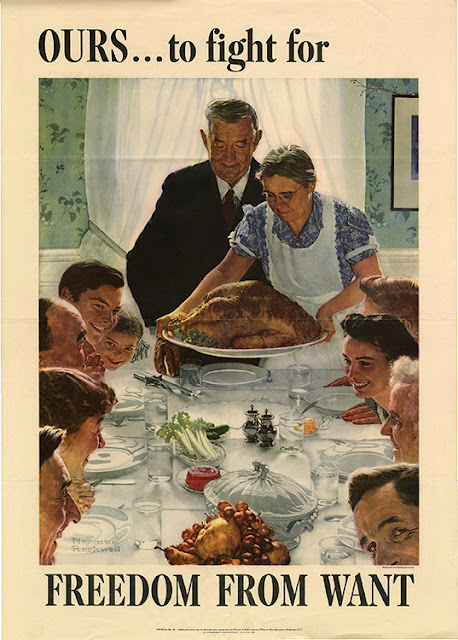The elements of a cause of action for defamation are: (1) a false statement that tends to expose a person to public contempt, hatred, ridicule, aversion, or disgrace, (2) published to a third party without privilege or authorization, (3) amounting to fault as judged by a negligence standard, and (4) either causing special harm or constituting defamation per se. CPLR 3016(a) provides that, "[i]n an action for libel or slander, the particular words complained of shall be set forth in the complaint." Compliance with CPLR 3016(a) is strictly enforced.
Since falsity is a necessary element of a defamation cause of action and only facts are capable of being proven false, it follows that only statements alleging facts can properly be the subject of a defamation action. Accordingly, an expression of pure opinion is not actionable, no matter how vituperative or unreasonable it may be. In distinguishing between statements of fact and those of pure opinion, it is necessary to consider the writing as a whole, including its tone and apparent purpose, as well as the overall context of the publication, to determine whether the reasonable reader would have believed that the challenged statements were conveying facts about the plaintiff.
Tsamasiros v. Jones, NY Slip Op 05814 (2d Dep't November 20, 2024)
